---
license: apache-2.0
base_model: stabilityai/stable-diffusion-xl-base-1.0
tags:
- art
- t2i-adapter
- image-to-image
- stable-diffusion-xl-diffusers
- stable-diffusion-xl
---
# T2I-Adapter-SDXL - Canny
T2I Adapter is a network providing additional conditioning to stable diffusion. Each t2i checkpoint takes a different type of conditioning as input and is used with a specific base stable diffusion checkpoint.
This checkpoint provides conditioning on canny for the StableDiffusionXL checkpoint. This was a collaboration between **Tencent ARC** and [**Hugging Face**](https://huggingface.co/).
## Model Details
- **Developed by:** T2I-Adapter: Learning Adapters to Dig out More Controllable Ability for Text-to-Image Diffusion Models
- **Model type:** Diffusion-based text-to-image generation model
- **Language(s):** English
- **License:** Apache 2.0
- **Resources for more information:** [GitHub Repository](https://github.com/TencentARC/T2I-Adapter), [Paper](https://arxiv.org/abs/2302.08453).
- **Model complexity:**
| | SD-V1.4/1.5 | SD-XL | T2I-Adapter | T2I-Adapter-SDXL |
| --- | --- |--- |--- |--- |
| Parameters | 860M | 2.6B |77 M | 77/79 M | |
- **Cite as:**
@misc{
title={T2I-Adapter: Learning Adapters to Dig out More Controllable Ability for Text-to-Image Diffusion Models},
author={Chong Mou, Xintao Wang, Liangbin Xie, Yanze Wu, Jian Zhang, Zhongang Qi, Ying Shan, Xiaohu Qie},
year={2023},
eprint={2302.08453},
archivePrefix={arXiv},
primaryClass={cs.CV}
}
### Checkpoints
| Model Name | Control Image Overview| Control Image Example | Generated Image Example |
|---|---|---|---|
|[TencentARC/t2i-adapter-canny-sdxl-1.0](https://huggingface.co/TencentARC/t2i-adapter-canny-sdxl-1.0)
*Trained with canny edge detection* | A monochrome image with white edges on a black background.|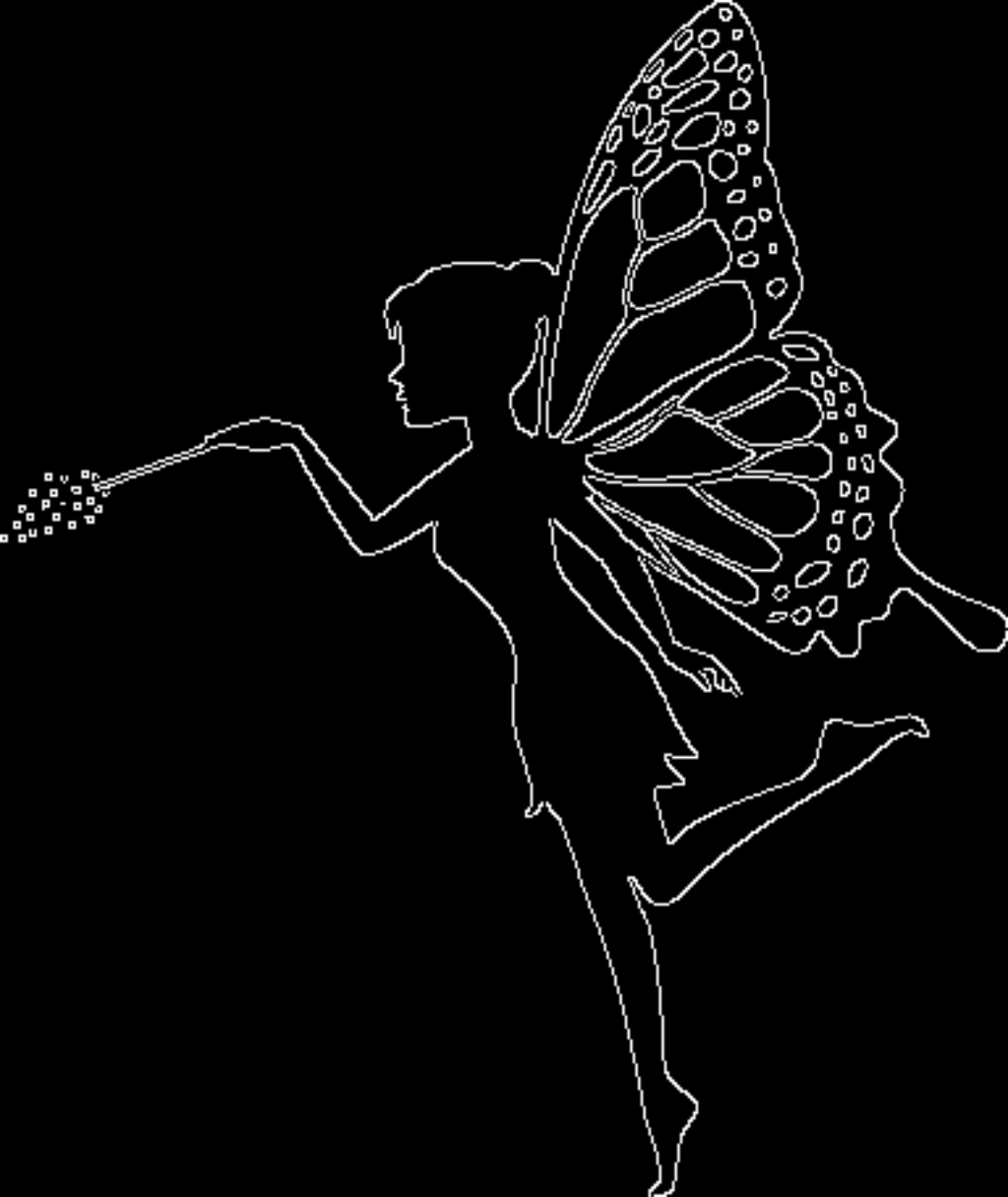 |
|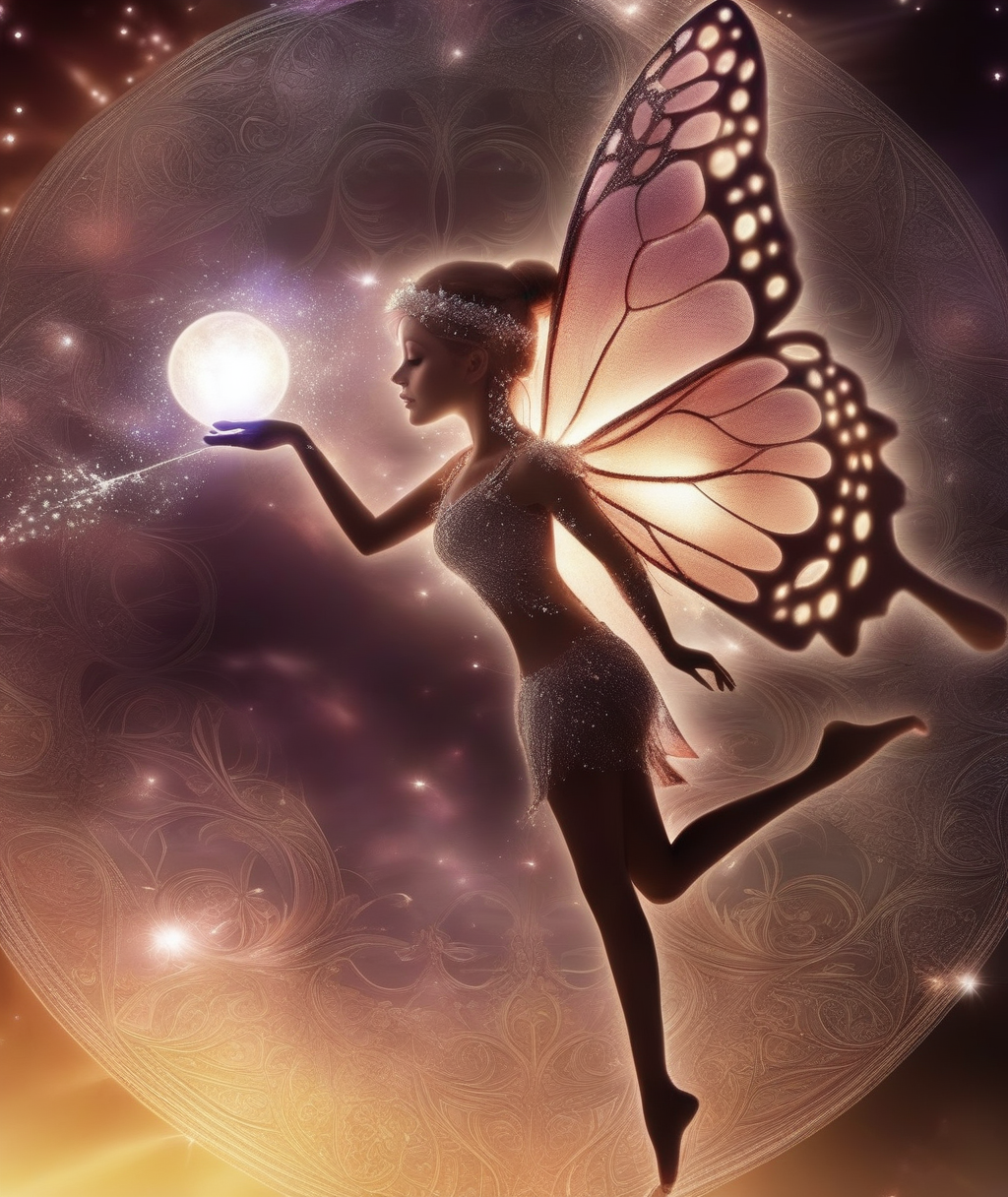 |
|[TencentARC/t2i-adapter-sketch-sdxl-1.0](https://huggingface.co/TencentARC/t2i-adapter-sketch-sdxl-1.0)
|
|[TencentARC/t2i-adapter-sketch-sdxl-1.0](https://huggingface.co/TencentARC/t2i-adapter-sketch-sdxl-1.0)
*Trained with [PidiNet](https://github.com/zhuoinoulu/pidinet) edge detection* | A hand-drawn monochrome image with white outlines on a black background.|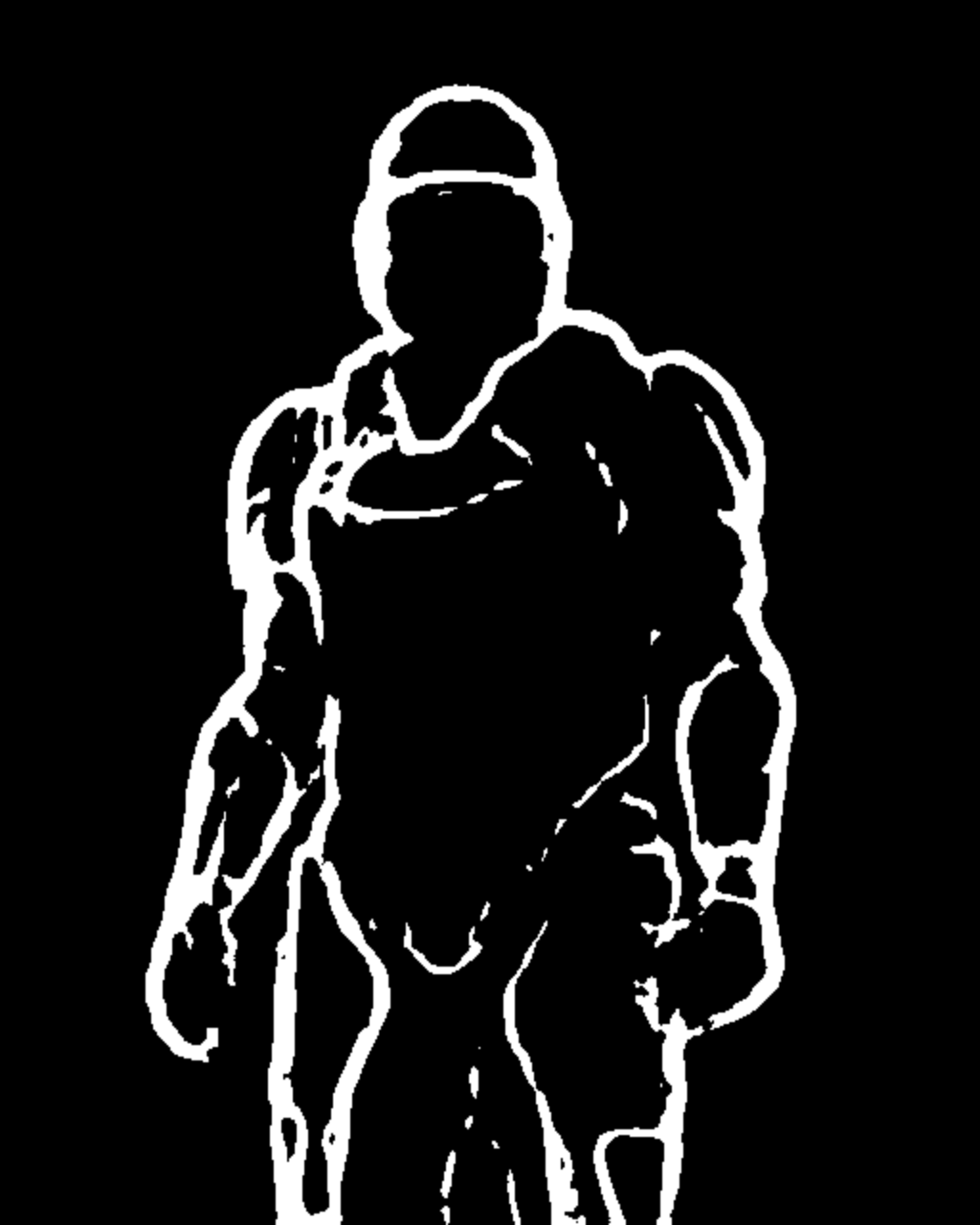 |
| |
|[TencentARC/t2i-adapter-lineart-sdxl-1.0](https://huggingface.co/TencentARC/t2i-adapter-lineart-sdxl-1.0)
|
|[TencentARC/t2i-adapter-lineart-sdxl-1.0](https://huggingface.co/TencentARC/t2i-adapter-lineart-sdxl-1.0)
*Trained with lineart edge detection* | A hand-drawn monochrome image with white outlines on a black background.|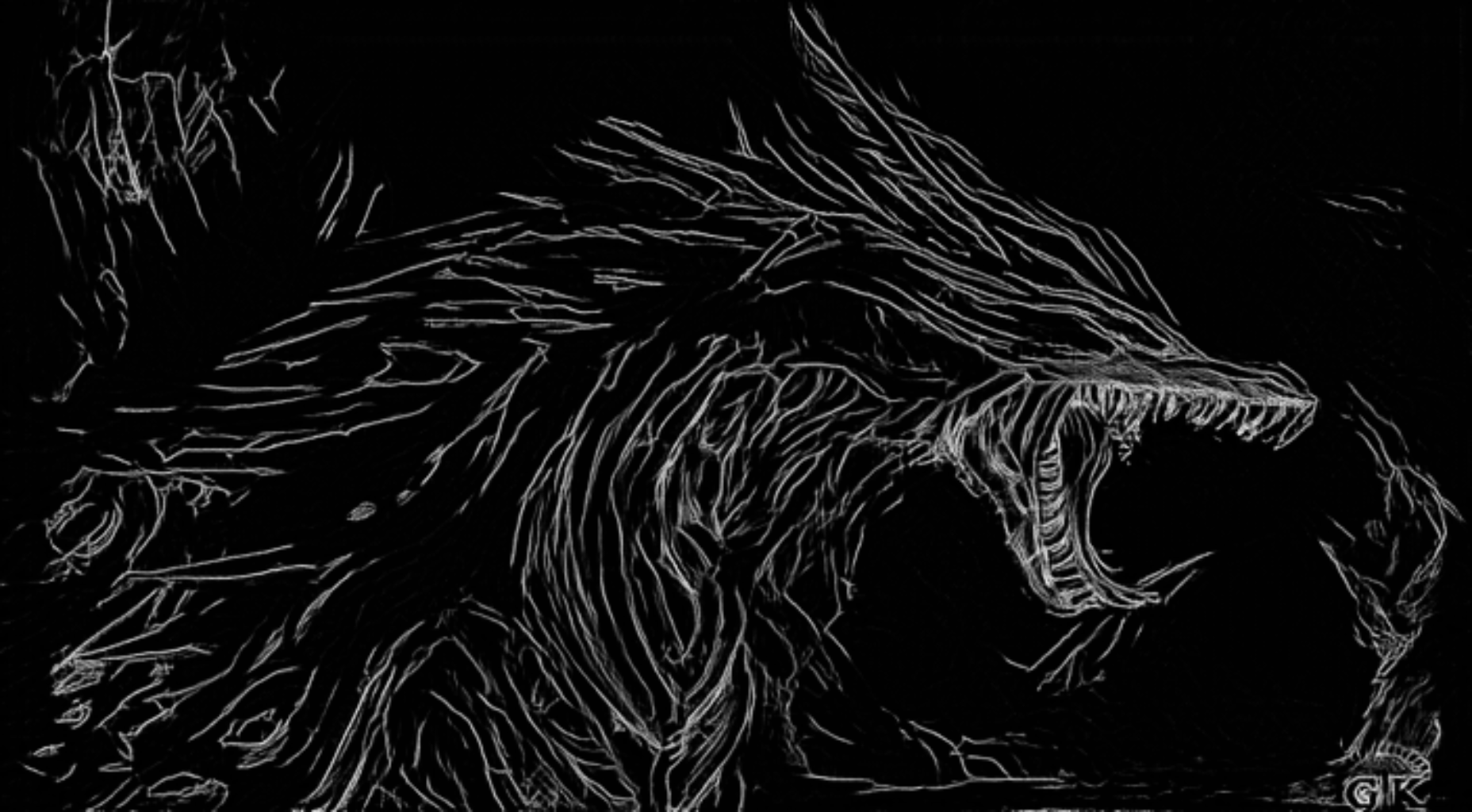 |
|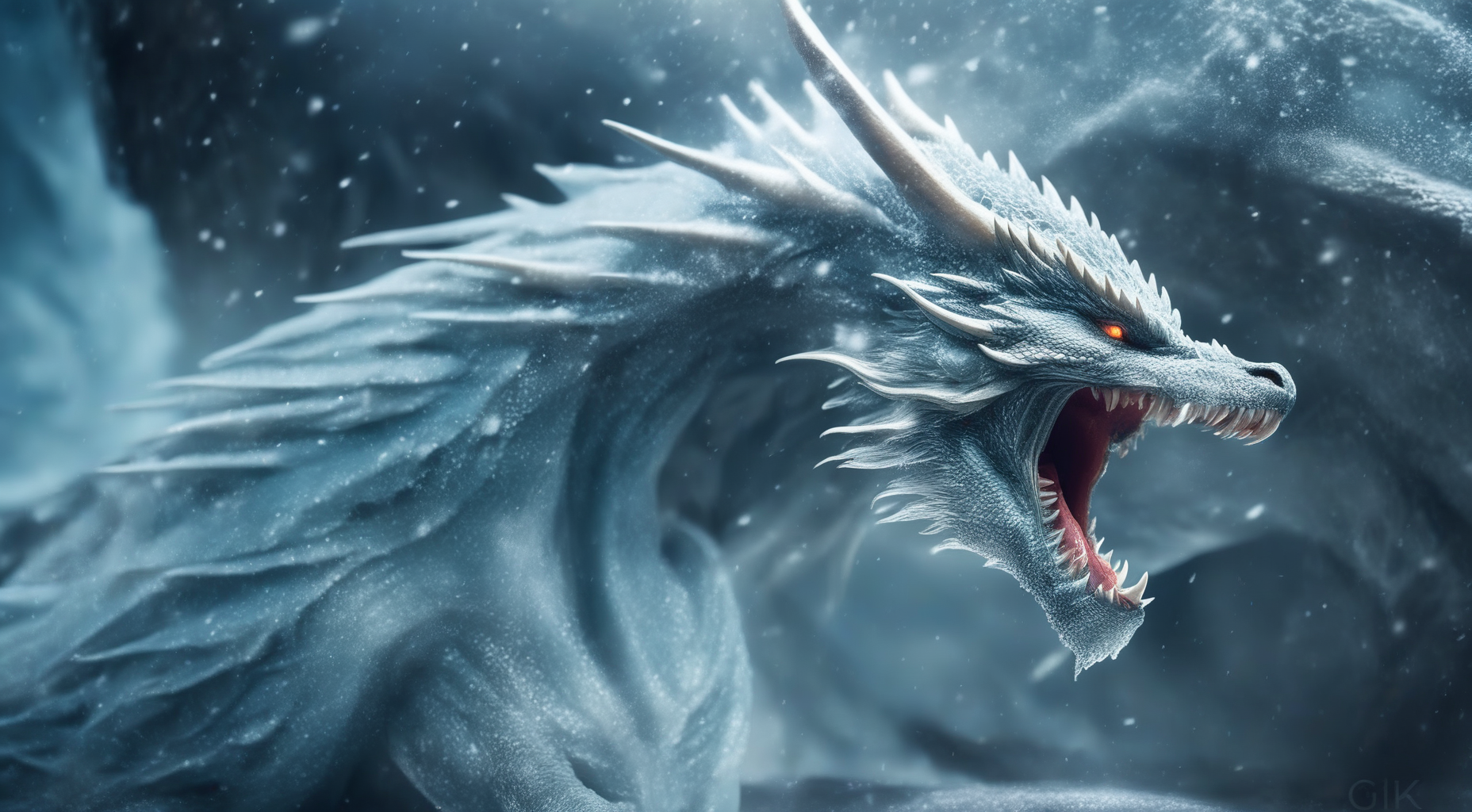 |
|[TencentARC/t2i-adapter-depth-midas-sdxl-1.0](https://huggingface.co/TencentARC/t2i-adapter-depth-midas-sdxl-1.0)
|
|[TencentARC/t2i-adapter-depth-midas-sdxl-1.0](https://huggingface.co/TencentARC/t2i-adapter-depth-midas-sdxl-1.0)
*Trained with Midas depth estimation* | A grayscale image with black representing deep areas and white representing shallow areas.|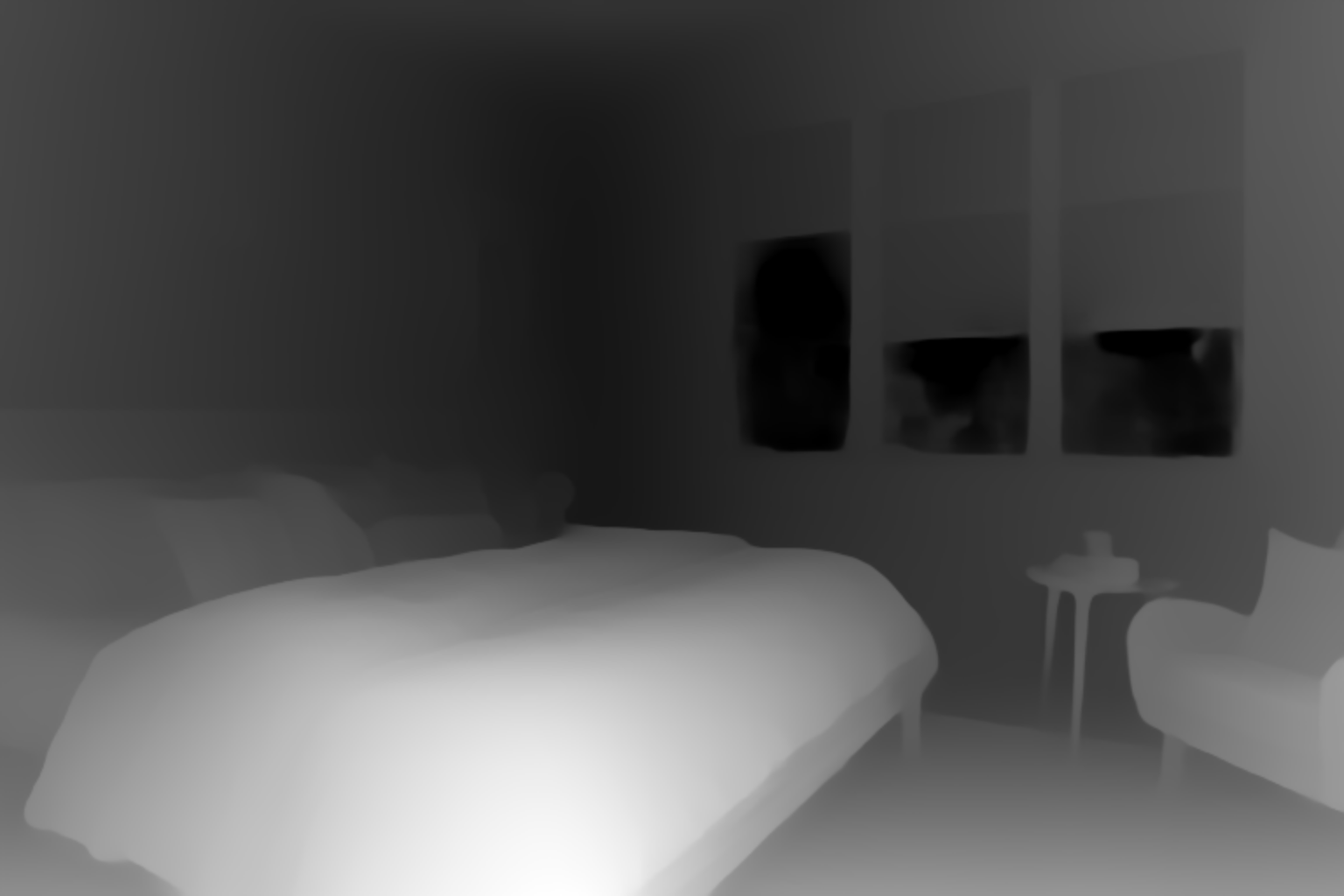 |
| |
|[TencentARC/t2i-adapter-depth-zoe-sdxl-1.0](https://huggingface.co/TencentARC/t2i-adapter-depth-zoe-sdxl-1.0)
|
|[TencentARC/t2i-adapter-depth-zoe-sdxl-1.0](https://huggingface.co/TencentARC/t2i-adapter-depth-zoe-sdxl-1.0)
*Trained with Zoe depth estimation* | A grayscale image with black representing deep areas and white representing shallow areas.|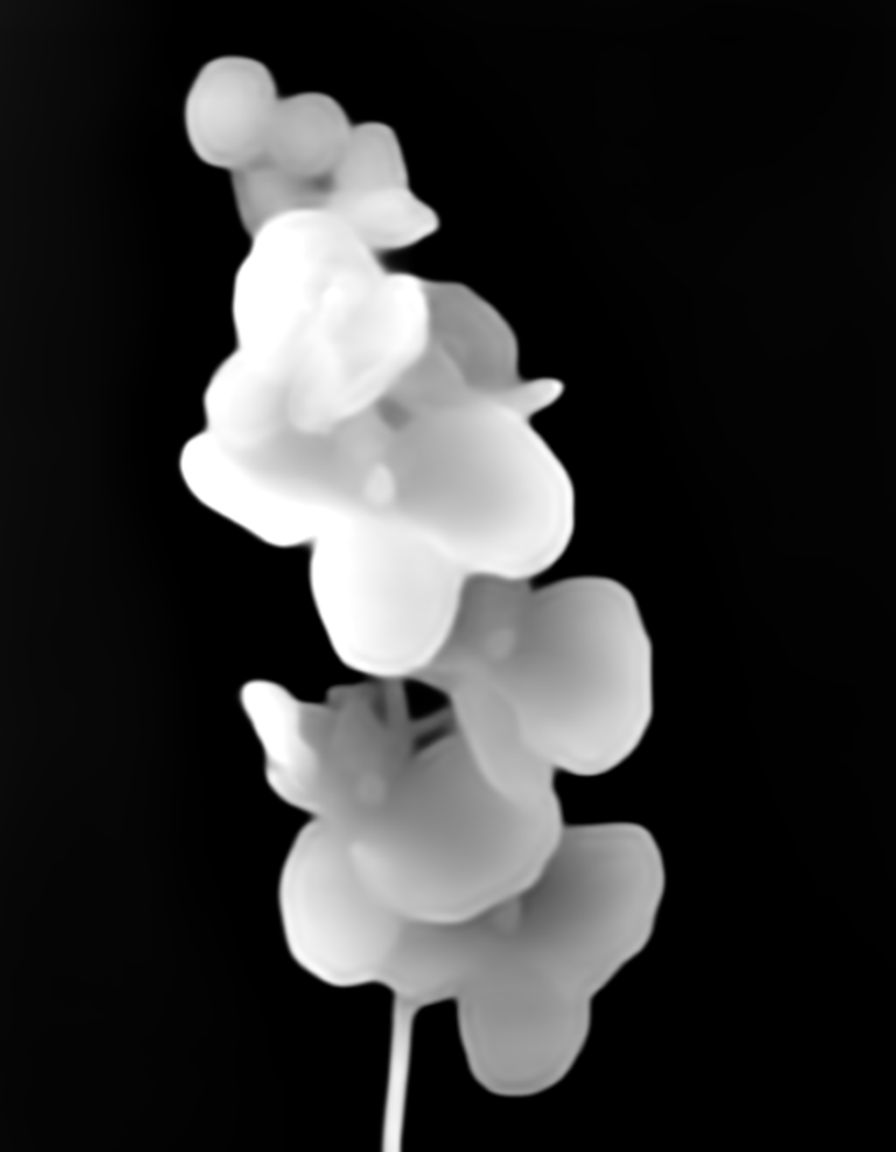 |
| |
|[TencentARC/t2i-adapter-openpose-sdxl-1.0](https://huggingface.co/TencentARC/t2i-adapter-openpose-sdxl-1.0)
|
|[TencentARC/t2i-adapter-openpose-sdxl-1.0](https://huggingface.co/TencentARC/t2i-adapter-openpose-sdxl-1.0)
*Trained with OpenPose bone image* | A [OpenPose bone](https://github.com/CMU-Perceptual-Computing-Lab/openpose) image.|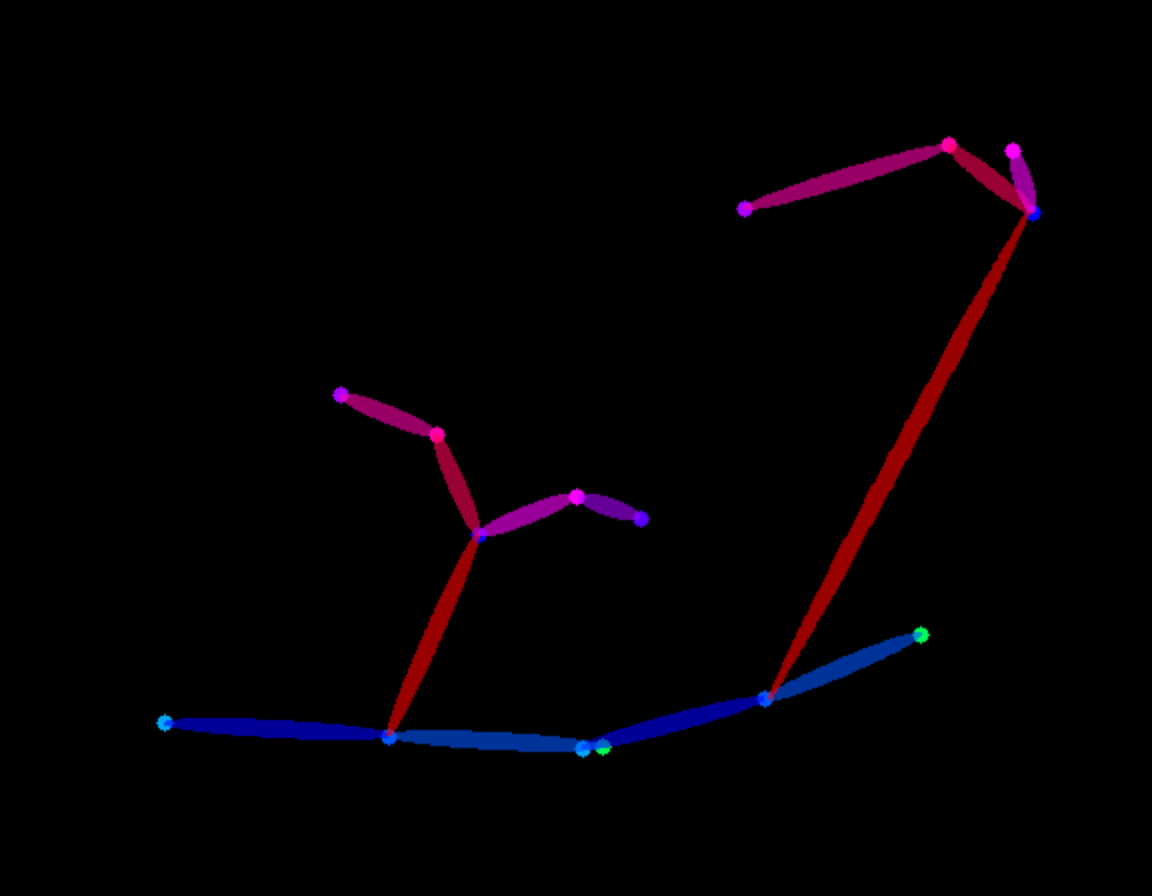 |
| |
## Example
To get started, first install the required dependencies:
```bash
pip install -U git+https://github.com/huggingface/diffusers.git
pip install -U controlnet_aux==0.0.7 # for conditioning models and detectors
pip install transformers accelerate safetensors
```
1. Images are first downloaded into the appropriate *control image* format.
2. The *control image* and *prompt* are passed to the [`StableDiffusionXLAdapterPipeline`](https://github.com/huggingface/diffusers/blob/main/src/diffusers/pipelines/t2i_adapter/pipeline_stable_diffusion_xl_adapter.py#L125).
Let's have a look at a simple example using the [Canny Adapter](https://huggingface.co/Adapter/t2iadapter_canny_sdxlv1).
- Dependency
```py
from diffusers import StableDiffusionXLAdapterPipeline, T2IAdapter, EulerAncestralDiscreteScheduler, AutoencoderKL
from diffusers.utils import load_image, make_image_grid
from controlnet_aux.canny import CannyDetector
import torch
# load adapter
adapter = T2IAdapter.from_pretrained("TencentARC/t2i-adapter-canny-sdxl-1.0", torch_dtype=torch.float16, varient="fp16").to("cuda")
# load euler_a scheduler
model_id = 'stabilityai/stable-diffusion-xl-base-1.0'
euler_a = EulerAncestralDiscreteScheduler.from_pretrained(model_id, subfolder="scheduler")
vae=AutoencoderKL.from_pretrained("madebyollin/sdxl-vae-fp16-fix", torch_dtype=torch.float16)
pipe = StableDiffusionXLAdapterPipeline.from_pretrained(
model_id, vae=vae, adapter=adapter, scheduler=euler_a, torch_dtype=torch.float16, variant="fp16",
).to("cuda")
pipe.enable_xformers_memory_efficient_attention()
canny_detector = CannyDetector()
```
- Condition Image
```py
url = "https://huggingface.co/Adapter/t2iadapter/resolve/main/figs_SDXLV1.0/org_canny.jpg"
image = load_image(url)
# Detect the canny map in low resolution to avoid high-frequency details
image = canny_detector(image, detect_resolution=384, image_resolution=1024)#.resize((1024, 1024))
```
|
## Example
To get started, first install the required dependencies:
```bash
pip install -U git+https://github.com/huggingface/diffusers.git
pip install -U controlnet_aux==0.0.7 # for conditioning models and detectors
pip install transformers accelerate safetensors
```
1. Images are first downloaded into the appropriate *control image* format.
2. The *control image* and *prompt* are passed to the [`StableDiffusionXLAdapterPipeline`](https://github.com/huggingface/diffusers/blob/main/src/diffusers/pipelines/t2i_adapter/pipeline_stable_diffusion_xl_adapter.py#L125).
Let's have a look at a simple example using the [Canny Adapter](https://huggingface.co/Adapter/t2iadapter_canny_sdxlv1).
- Dependency
```py
from diffusers import StableDiffusionXLAdapterPipeline, T2IAdapter, EulerAncestralDiscreteScheduler, AutoencoderKL
from diffusers.utils import load_image, make_image_grid
from controlnet_aux.canny import CannyDetector
import torch
# load adapter
adapter = T2IAdapter.from_pretrained("TencentARC/t2i-adapter-canny-sdxl-1.0", torch_dtype=torch.float16, varient="fp16").to("cuda")
# load euler_a scheduler
model_id = 'stabilityai/stable-diffusion-xl-base-1.0'
euler_a = EulerAncestralDiscreteScheduler.from_pretrained(model_id, subfolder="scheduler")
vae=AutoencoderKL.from_pretrained("madebyollin/sdxl-vae-fp16-fix", torch_dtype=torch.float16)
pipe = StableDiffusionXLAdapterPipeline.from_pretrained(
model_id, vae=vae, adapter=adapter, scheduler=euler_a, torch_dtype=torch.float16, variant="fp16",
).to("cuda")
pipe.enable_xformers_memory_efficient_attention()
canny_detector = CannyDetector()
```
- Condition Image
```py
url = "https://huggingface.co/Adapter/t2iadapter/resolve/main/figs_SDXLV1.0/org_canny.jpg"
image = load_image(url)
# Detect the canny map in low resolution to avoid high-frequency details
image = canny_detector(image, detect_resolution=384, image_resolution=1024)#.resize((1024, 1024))
```
 - Generation
```py
prompt = "Mystical fairy in real, magic, 4k picture, high quality"
negative_prompt = "extra digit, fewer digits, cropped, worst quality, low quality, glitch, deformed, mutated, ugly, disfigured"
gen_images = pipe(
prompt=prompt,
negative_prompt=negative_prompt,
image=image,
num_inference_steps=30,
guidance_scale=7.5,
adapter_conditioning_scale=0.8,
adapter_conditioning_factor=1
).images[0]
gen_images.save('out_canny.png')
```
- Generation
```py
prompt = "Mystical fairy in real, magic, 4k picture, high quality"
negative_prompt = "extra digit, fewer digits, cropped, worst quality, low quality, glitch, deformed, mutated, ugly, disfigured"
gen_images = pipe(
prompt=prompt,
negative_prompt=negative_prompt,
image=image,
num_inference_steps=30,
guidance_scale=7.5,
adapter_conditioning_scale=0.8,
adapter_conditioning_factor=1
).images[0]
gen_images.save('out_canny.png')
```
 ### Training
Our training script was built on top of the official training script that we provide [here](https://github.com/huggingface/diffusers/blob/main/examples/t2i_adapter/README_sdxl.md).
The model is trained on 3M high-resolution image-text pairs from LAION-Aesthetics V2 with
- Training steps: 20000
- Batch size: Data parallel with a single gpu batch size of `16` for a total batch size of `256`.
- Learning rate: Constant learning rate of `1e-5`.
- Mixed precision: fp16
### Training
Our training script was built on top of the official training script that we provide [here](https://github.com/huggingface/diffusers/blob/main/examples/t2i_adapter/README_sdxl.md).
The model is trained on 3M high-resolution image-text pairs from LAION-Aesthetics V2 with
- Training steps: 20000
- Batch size: Data parallel with a single gpu batch size of `16` for a total batch size of `256`.
- Learning rate: Constant learning rate of `1e-5`.
- Mixed precision: fp16
 |
| |
|[TencentARC/t2i-adapter-sketch-sdxl-1.0](https://huggingface.co/TencentARC/t2i-adapter-sketch-sdxl-1.0)
|
|[TencentARC/t2i-adapter-sketch-sdxl-1.0](https://huggingface.co/TencentARC/t2i-adapter-sketch-sdxl-1.0) |
| |
|[TencentARC/t2i-adapter-lineart-sdxl-1.0](https://huggingface.co/TencentARC/t2i-adapter-lineart-sdxl-1.0)
|
|[TencentARC/t2i-adapter-lineart-sdxl-1.0](https://huggingface.co/TencentARC/t2i-adapter-lineart-sdxl-1.0) |
| |
|[TencentARC/t2i-adapter-depth-midas-sdxl-1.0](https://huggingface.co/TencentARC/t2i-adapter-depth-midas-sdxl-1.0)
|
|[TencentARC/t2i-adapter-depth-midas-sdxl-1.0](https://huggingface.co/TencentARC/t2i-adapter-depth-midas-sdxl-1.0) |
| |
|[TencentARC/t2i-adapter-depth-zoe-sdxl-1.0](https://huggingface.co/TencentARC/t2i-adapter-depth-zoe-sdxl-1.0)
|
|[TencentARC/t2i-adapter-depth-zoe-sdxl-1.0](https://huggingface.co/TencentARC/t2i-adapter-depth-zoe-sdxl-1.0) |
| |
|[TencentARC/t2i-adapter-openpose-sdxl-1.0](https://huggingface.co/TencentARC/t2i-adapter-openpose-sdxl-1.0)
|
|[TencentARC/t2i-adapter-openpose-sdxl-1.0](https://huggingface.co/TencentARC/t2i-adapter-openpose-sdxl-1.0) |
| |
## Example
To get started, first install the required dependencies:
```bash
pip install -U git+https://github.com/huggingface/diffusers.git
pip install -U controlnet_aux==0.0.7 # for conditioning models and detectors
pip install transformers accelerate safetensors
```
1. Images are first downloaded into the appropriate *control image* format.
2. The *control image* and *prompt* are passed to the [`StableDiffusionXLAdapterPipeline`](https://github.com/huggingface/diffusers/blob/main/src/diffusers/pipelines/t2i_adapter/pipeline_stable_diffusion_xl_adapter.py#L125).
Let's have a look at a simple example using the [Canny Adapter](https://huggingface.co/Adapter/t2iadapter_canny_sdxlv1).
- Dependency
```py
from diffusers import StableDiffusionXLAdapterPipeline, T2IAdapter, EulerAncestralDiscreteScheduler, AutoencoderKL
from diffusers.utils import load_image, make_image_grid
from controlnet_aux.canny import CannyDetector
import torch
# load adapter
adapter = T2IAdapter.from_pretrained("TencentARC/t2i-adapter-canny-sdxl-1.0", torch_dtype=torch.float16, varient="fp16").to("cuda")
# load euler_a scheduler
model_id = 'stabilityai/stable-diffusion-xl-base-1.0'
euler_a = EulerAncestralDiscreteScheduler.from_pretrained(model_id, subfolder="scheduler")
vae=AutoencoderKL.from_pretrained("madebyollin/sdxl-vae-fp16-fix", torch_dtype=torch.float16)
pipe = StableDiffusionXLAdapterPipeline.from_pretrained(
model_id, vae=vae, adapter=adapter, scheduler=euler_a, torch_dtype=torch.float16, variant="fp16",
).to("cuda")
pipe.enable_xformers_memory_efficient_attention()
canny_detector = CannyDetector()
```
- Condition Image
```py
url = "https://huggingface.co/Adapter/t2iadapter/resolve/main/figs_SDXLV1.0/org_canny.jpg"
image = load_image(url)
# Detect the canny map in low resolution to avoid high-frequency details
image = canny_detector(image, detect_resolution=384, image_resolution=1024)#.resize((1024, 1024))
```
|
## Example
To get started, first install the required dependencies:
```bash
pip install -U git+https://github.com/huggingface/diffusers.git
pip install -U controlnet_aux==0.0.7 # for conditioning models and detectors
pip install transformers accelerate safetensors
```
1. Images are first downloaded into the appropriate *control image* format.
2. The *control image* and *prompt* are passed to the [`StableDiffusionXLAdapterPipeline`](https://github.com/huggingface/diffusers/blob/main/src/diffusers/pipelines/t2i_adapter/pipeline_stable_diffusion_xl_adapter.py#L125).
Let's have a look at a simple example using the [Canny Adapter](https://huggingface.co/Adapter/t2iadapter_canny_sdxlv1).
- Dependency
```py
from diffusers import StableDiffusionXLAdapterPipeline, T2IAdapter, EulerAncestralDiscreteScheduler, AutoencoderKL
from diffusers.utils import load_image, make_image_grid
from controlnet_aux.canny import CannyDetector
import torch
# load adapter
adapter = T2IAdapter.from_pretrained("TencentARC/t2i-adapter-canny-sdxl-1.0", torch_dtype=torch.float16, varient="fp16").to("cuda")
# load euler_a scheduler
model_id = 'stabilityai/stable-diffusion-xl-base-1.0'
euler_a = EulerAncestralDiscreteScheduler.from_pretrained(model_id, subfolder="scheduler")
vae=AutoencoderKL.from_pretrained("madebyollin/sdxl-vae-fp16-fix", torch_dtype=torch.float16)
pipe = StableDiffusionXLAdapterPipeline.from_pretrained(
model_id, vae=vae, adapter=adapter, scheduler=euler_a, torch_dtype=torch.float16, variant="fp16",
).to("cuda")
pipe.enable_xformers_memory_efficient_attention()
canny_detector = CannyDetector()
```
- Condition Image
```py
url = "https://huggingface.co/Adapter/t2iadapter/resolve/main/figs_SDXLV1.0/org_canny.jpg"
image = load_image(url)
# Detect the canny map in low resolution to avoid high-frequency details
image = canny_detector(image, detect_resolution=384, image_resolution=1024)#.resize((1024, 1024))
```
 - Generation
```py
prompt = "Mystical fairy in real, magic, 4k picture, high quality"
negative_prompt = "extra digit, fewer digits, cropped, worst quality, low quality, glitch, deformed, mutated, ugly, disfigured"
gen_images = pipe(
prompt=prompt,
negative_prompt=negative_prompt,
image=image,
num_inference_steps=30,
guidance_scale=7.5,
adapter_conditioning_scale=0.8,
adapter_conditioning_factor=1
).images[0]
gen_images.save('out_canny.png')
```
- Generation
```py
prompt = "Mystical fairy in real, magic, 4k picture, high quality"
negative_prompt = "extra digit, fewer digits, cropped, worst quality, low quality, glitch, deformed, mutated, ugly, disfigured"
gen_images = pipe(
prompt=prompt,
negative_prompt=negative_prompt,
image=image,
num_inference_steps=30,
guidance_scale=7.5,
adapter_conditioning_scale=0.8,
adapter_conditioning_factor=1
).images[0]
gen_images.save('out_canny.png')
```
 ### Training
Our training script was built on top of the official training script that we provide [here](https://github.com/huggingface/diffusers/blob/main/examples/t2i_adapter/README_sdxl.md).
The model is trained on 3M high-resolution image-text pairs from LAION-Aesthetics V2 with
- Training steps: 20000
- Batch size: Data parallel with a single gpu batch size of `16` for a total batch size of `256`.
- Learning rate: Constant learning rate of `1e-5`.
- Mixed precision: fp16
### Training
Our training script was built on top of the official training script that we provide [here](https://github.com/huggingface/diffusers/blob/main/examples/t2i_adapter/README_sdxl.md).
The model is trained on 3M high-resolution image-text pairs from LAION-Aesthetics V2 with
- Training steps: 20000
- Batch size: Data parallel with a single gpu batch size of `16` for a total batch size of `256`.
- Learning rate: Constant learning rate of `1e-5`.
- Mixed precision: fp16